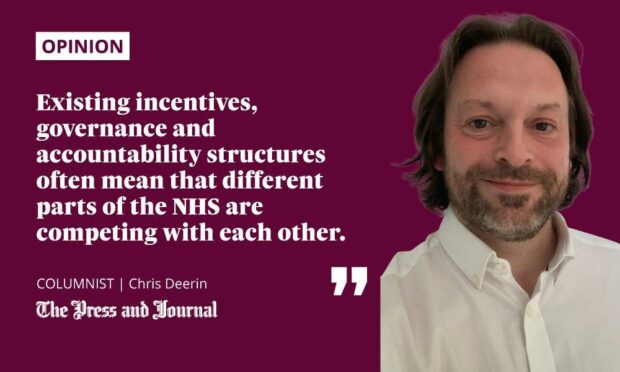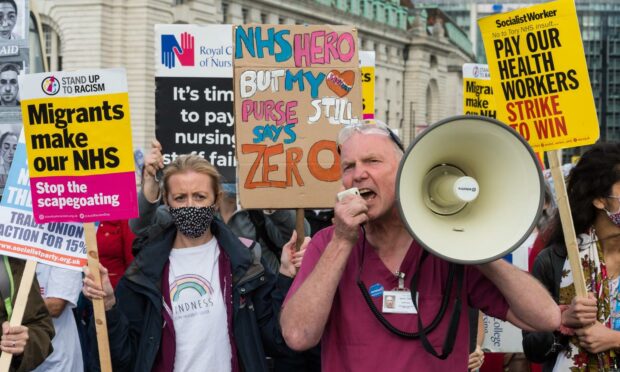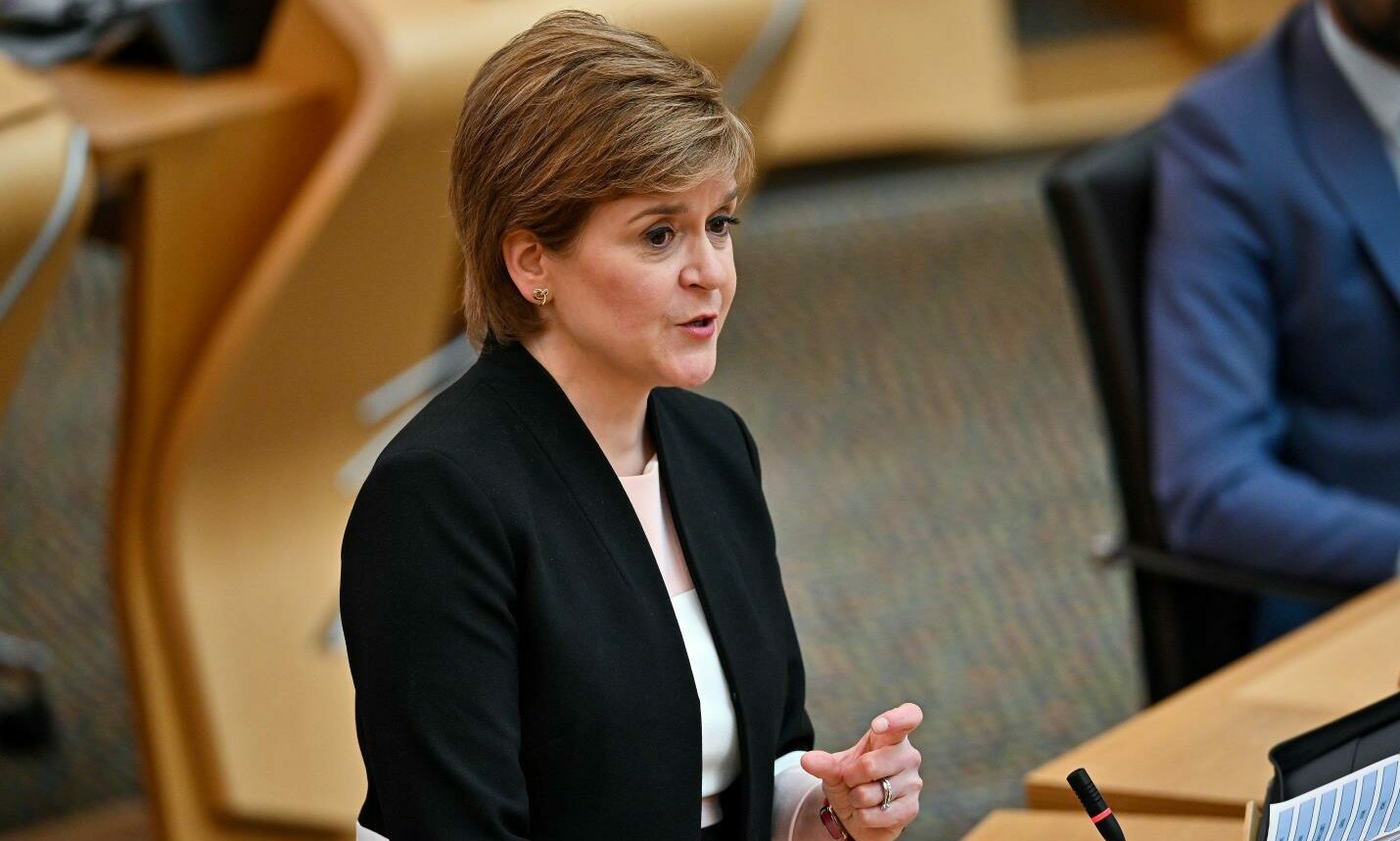The phrase “speaking truth to power” is much used but little practised in Scotland.
Such is the web the SNP has woven around civic society, our national institutions, and its own supporters over the past 14 years, that the free and frank exchange of views that lies at the heart of a healthy democracy is too often neither particularly free nor frank.
The Nats, as the shower with the power, are more guilty than most – their fixation on independence is all-consuming, like a toddler’s on the biscuit he’s not allowed. But it’s not just them. Scottish politics is so ferociously tribal I’m surprised it hasn’t yet been the subject of a 12-part David Attenborough documentary. Juvenile and attritional, this culture stops good ideas and sensible, if sometimes difficult, reforms getting through.

Thank goodness, then, for Paul Gray, who was chief executive of NHS Scotland from 2013 to 2019. Since stepping down from the post and leaving the civil service, Gray has made a name for himself as that rare thing: a former public servant with brains, experience and hard-earned wisdom who is willing to say exactly what he thinks. Over the past couple of years, freed from the constraints of office, he has emerged as a thoughtful and constructive analyst of the nation’s problems and how they might be tackled.
As The Press and Journal reported recently, Gray has this week written an article for Reform Scotland, the think tank I run, in which he warns our health and care system is “overwhelmed”.
A health system almost deliberately designed to prevent reform
“By health and care system, I mean everything from hospital care to primary and community care to social care,” he says. “By overwhelmed, I mean that the current design and resourcing cannot meet the current and emerging challenges and nor are they designed to do so.” The creaking system was eventually going to be overwhelmed regardless of Covid, he warns, but the pandemic has proved the tipping point.
When individuals like Gray speak out, the opposition parties like to grab the stick provided and use it to bash the government. But that is not his intention. “Unless the opposition is prepared to go beyond beating the government of the day over the head with the present situation, and unless the government is willing to engage constructively in radical change… we will stay on this merry go round,” he writes.
Gray paints a worrying picture of a health system almost deliberately designed to prevent reform. Existing incentives, governance and accountability structures often mean that different parts of the NHS are competing with each other, causing mutual harm and poorly serving those in need of care.
While committed to a health service in public hands, he warns that ideological bias against private sector involvement is self-defeating: “We would not have vaccines against Covid had the NHS, academia and the private sector not worked in partnership,” Gray says. “We can do better than adopting a stance of ‘private sector bad’, accompanied by accusations of selling off the NHS.”
We are lucky to have the NHS – but that doesn’t mean it’s working
As a former health secretary, Nicola Sturgeon must recognise the truth of the points being made. We are all grateful for the commitment shown and the sacrifices made by NHS staff during the worst of the pandemic. It wasn’t so long ago that many of us were taking to our doorsteps on a weekly basis and banging pots and pans and honking horns in a display of solidarity with the doctors and nurses doing their damnedest to save the sick and limit the danger to the rest of us. We are lucky to have them.
But that does not mean the health service is working as it should or that it is fit for purpose in a society that is changing at eye-watering speed. Our population is rapidly ageing, a care system must be built, new drugs are constantly coming to market, there are dangerous staff shortages and stiff competition for the public purse’s funds. Technology is opening up all sorts of new opportunities, not just in the area of treatment, but in prevention too. Dealing with all this is mind-meltingly difficult, and politically fraught, but it must be done, somehow.
Gray writes: “Unless we are willing to be clear that 2019 is not coming back and we are not starting from where we were then, and that 1948 when the NHS was first established is lost in the mists of time and demographics and public expectation, we will continue to have a political bunfight while people suffer and die.
“If the NHS is truly precious, it deserves a robust diagnosis, and it requires radical surgery. Whether there is the courage to take such an approach remains very much open to question.”
Speaking truth to power – now what is power’s answer?
You can read Paul Gray’s article in full on Reform Scotland.
Chris Deerin is a leading journalist and commentator who heads independent, non-party think tank, Reform Scotland












